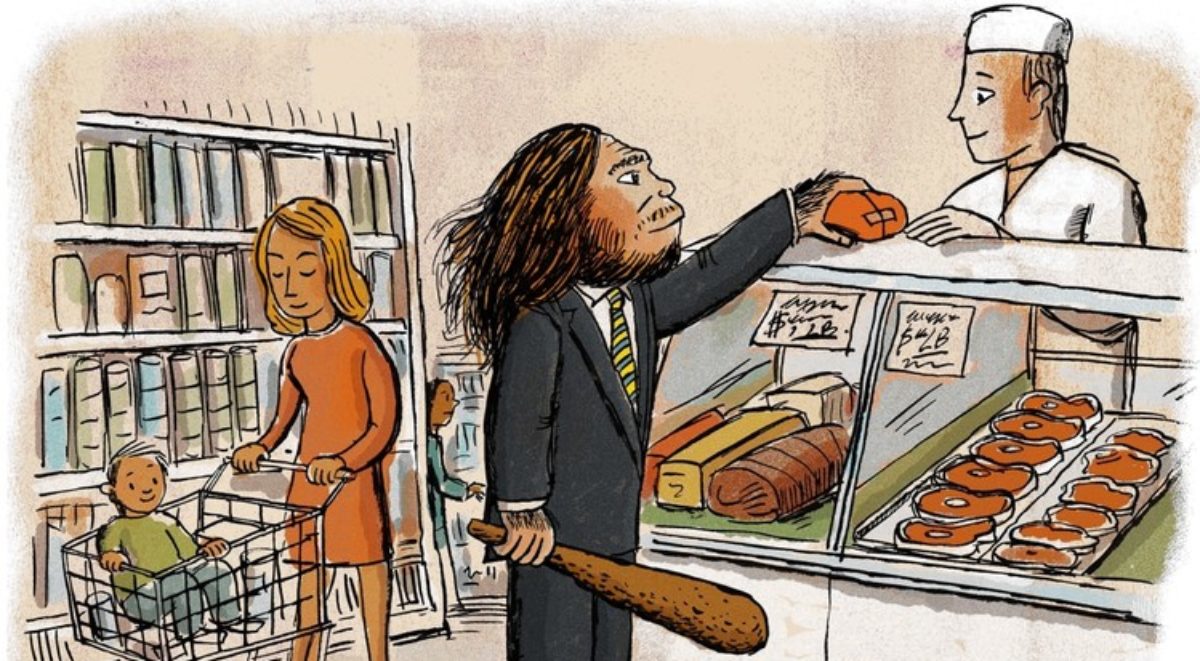This chapter focuses on evolution’s impact on human health. By understanding how resistance evolves and the nature of the genetic changes that allows resistance, we can work towards creating treatments through epigenetic approaches.
As she described in Chapter 2, the sedentary lifestyle that came with agriculture allowed for the rise and spread of infectious agents. The crowdedness of modern day farming of animals has selected for highly virulent parasites. These crowding conditions have contributed to virulence of bird flu and likewise the trenches of World War 1 increased selection for the deadly influenza virus that caused the 1918 epidemic.
Zuk describes how our susceptibility to diseases is embedded in our genetic core because our Paleolithic ancestors were carrying around DNA they shared with hamsters and bacteria. However, she also highlights how are genes are quite adaptable, such as the CCR5 gene that codes for a protein on the surface of white blood cells and its connection to HIV resistance. She follows the research the has been conducted on finding the origin of CCR5 and reveals that it probably came forth through smallpox selection. On the other hand, CCR5 might not be the best gene to have due to its link with West Nile virus susceptibility. Backed with research, Zuk emphasizes the win-some-lose-some scenario of evolution and DNA.
The author tackles the question of cancer: Has it always been with us? Or did it arise after we started to rely on agriculture? Scientists have been divided on the issue. Some research has brought evidence that seemed to confirm the paleo-dieters fear that cancer only became prevalent in since the normalization of agriculture and urbanization. However, with evidence from Tony Waldron’s formula to predict the amount of cancer that should be present in ancient remains, she concludes that cancer is not a curse of modernity and the reason why their seems to be little evidence of it in ancient remains is simply due to statistics.
Zuk wraps up the chapter with the affirmation that diseases have always been with us and has stuck with us through our evolution.

